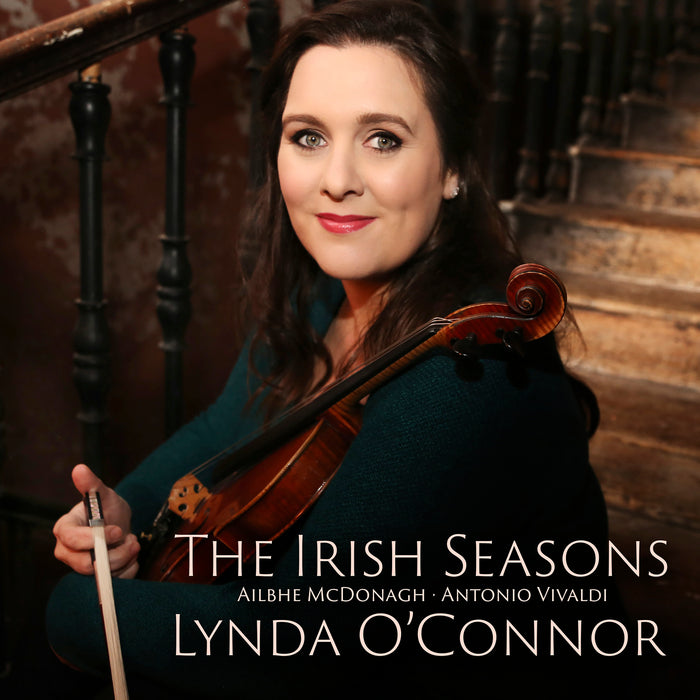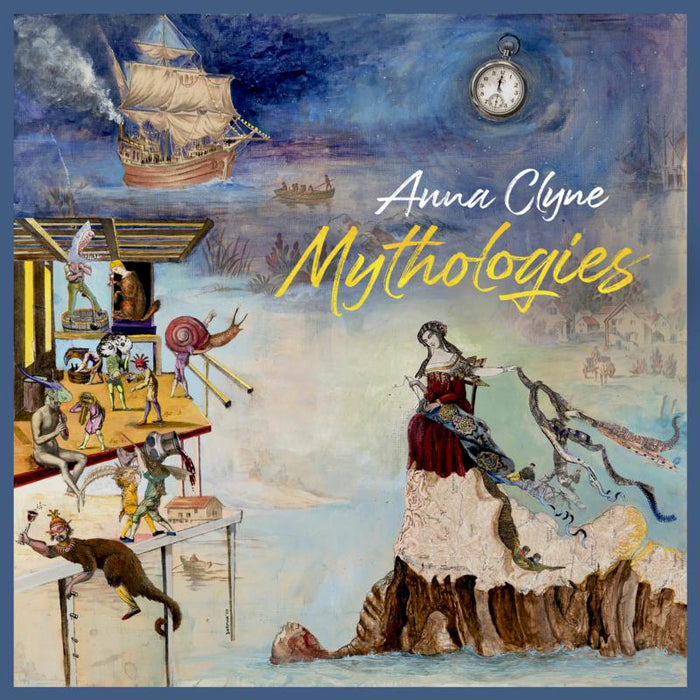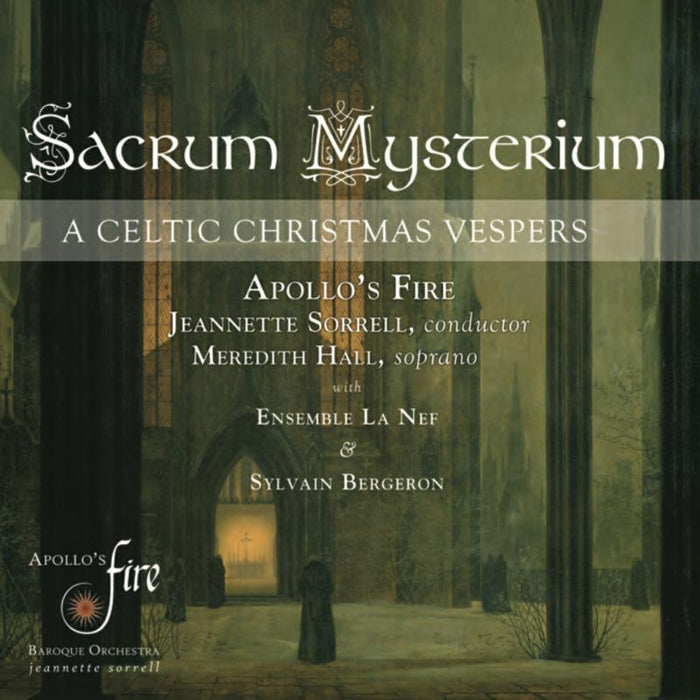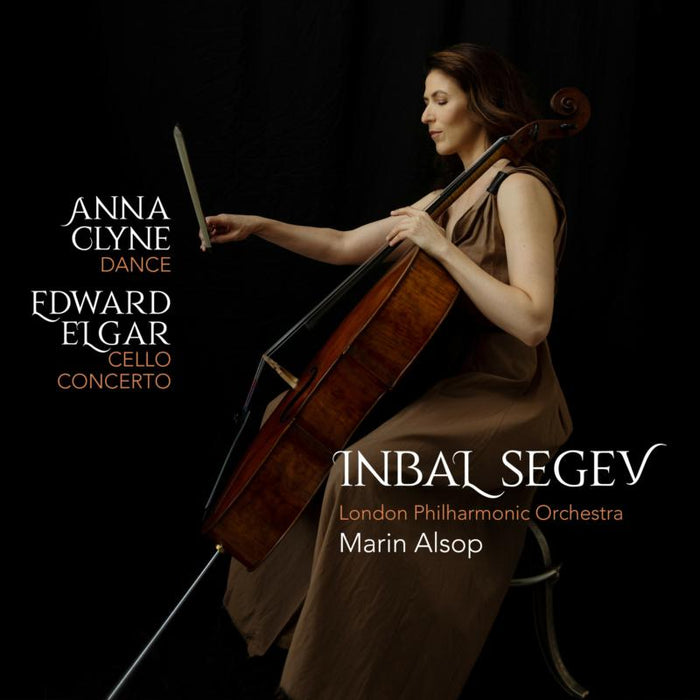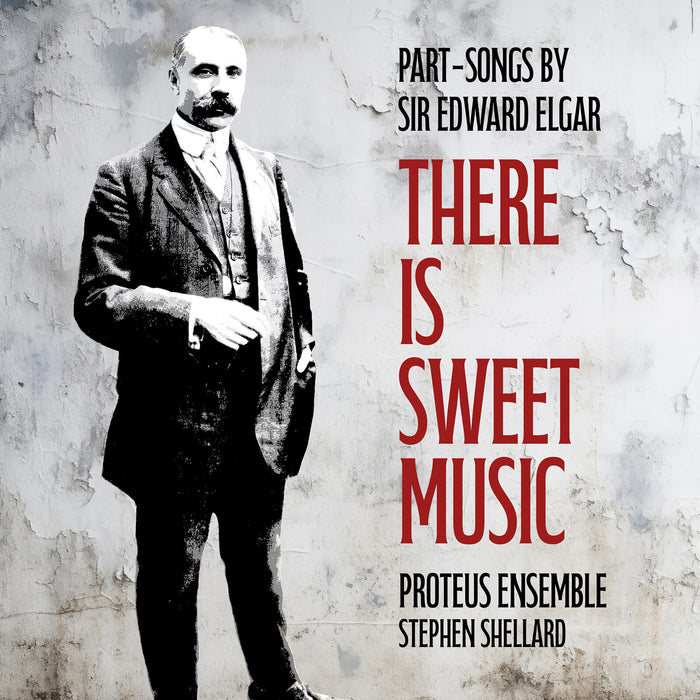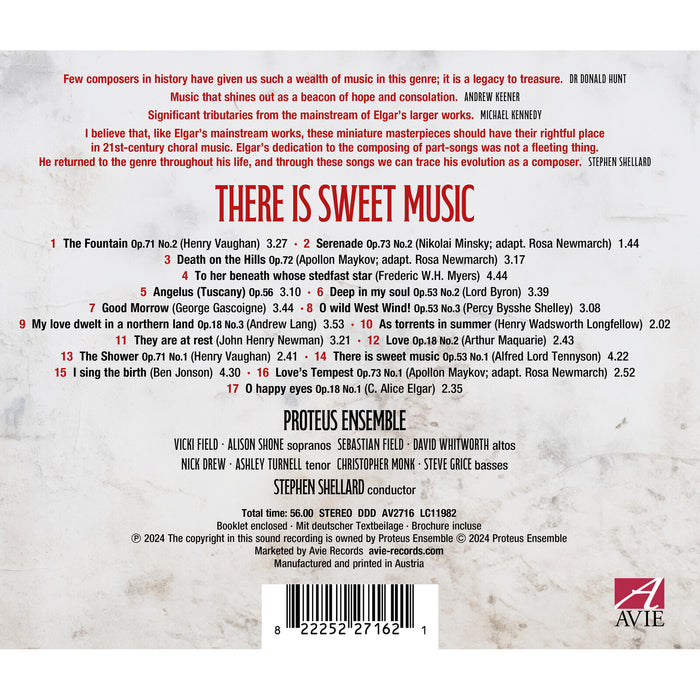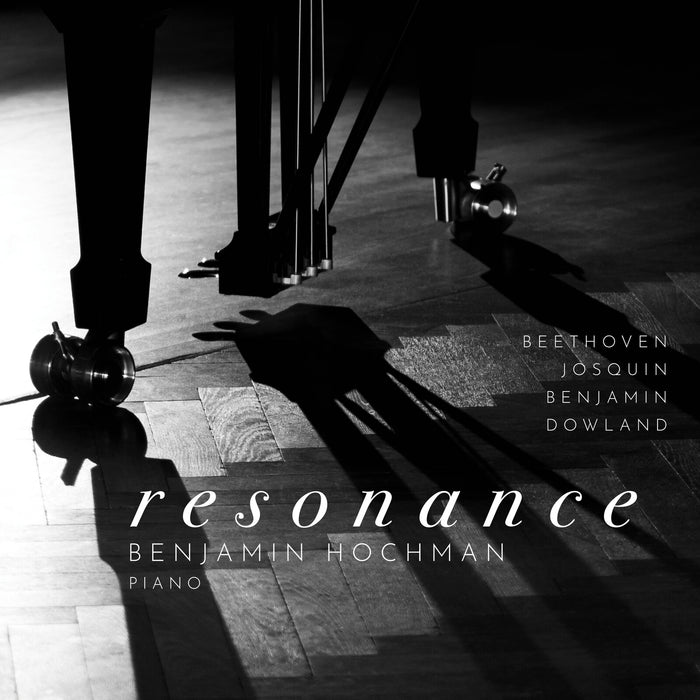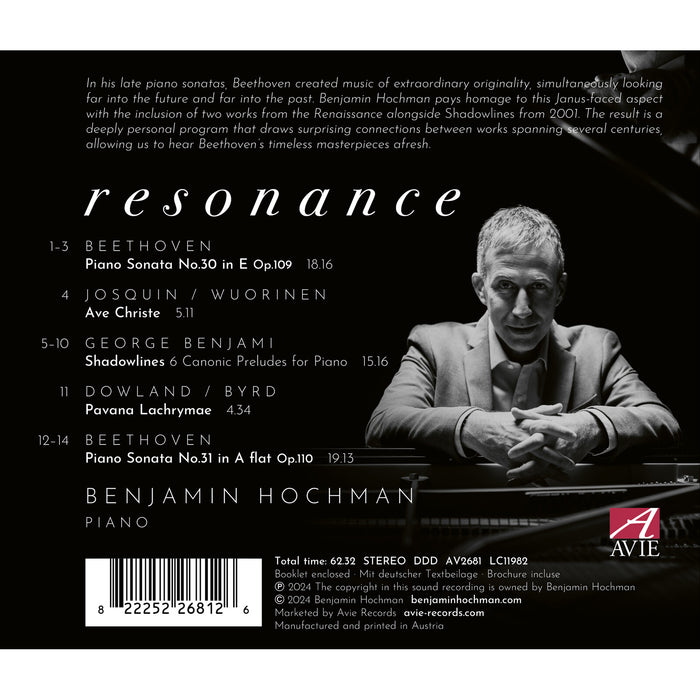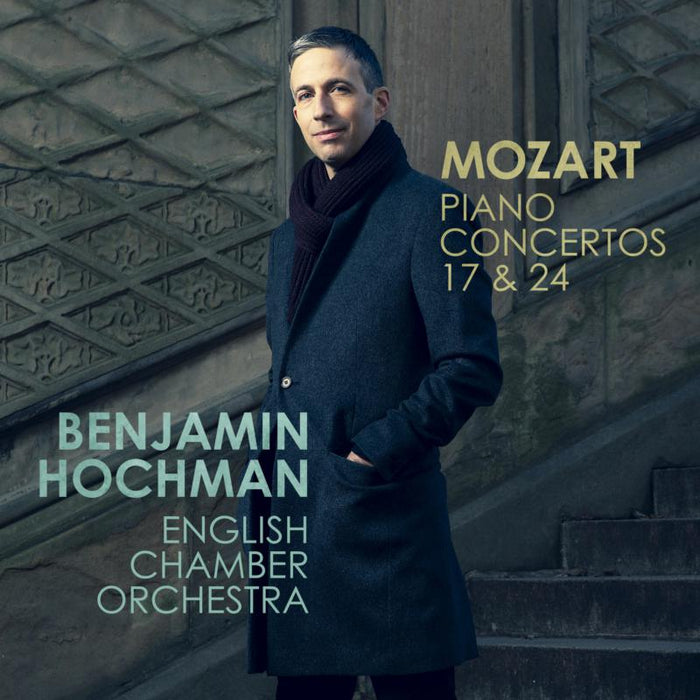Description
In his late piano sonatas, Beethoven created music of extraordinary originality, simultaneously looking far into the future and far into the past. Pianist Benjamin Hochman pays homage to this Janus-faced aspect with the inclusion of two works from the Renaissance alongside Shadowlines from 2001.
As Hochman writes: 'Beethoven achieves a kind of timelessness, stretching to the limit what music can say. He looks far into the future by striving for ever richer sounds, conceiving powerfully original musical ideas, and building masterful musical structures. He looks far into the past by integrating traditional forms such as variations and fugue, reflecting earlier musical styles, even quoting fleeting musical motives from Bach. But most of all, he transcends any particular era by exploring emotions both primal and sublime.' The first Renaissance piece is the motet Ave Christe, attributed to Josquin de Prez, the Franco-Flemish composer frequently compared to Beethoven by virtue of his wide-ranging impact. Hochman plays a piano transcription made in 1988 by American composer Charles Wuorinen. Flow, my tears - the lamenting melody that best represents the signature melancholia of the English Renaissance figure John Dowland - originated as a solo lute song and was published under the title Lachrimae in 1596. Its popularity led to a plethora of arrangements around Europe, including the one Hochman has chosen by Dowland's elder contemporary, William Byrd. The album's most recently composed music is Shadowlines, a set of six preludes written by Sir George Benjamin. It uses a variety of canonic techniques that unfold subliminally, echoes concealed by echoes. Benjamin follows Beethoven's cue in repurposing old techniques - including a passacaglia in the longest of the set - as conveyors of new revelations. 'This program is a journey from darkness to light, a study in contrasts that nevertheless finds resonance across the centuries, ultimately finding transcendence and even triumph', Benjamin Hochman concludes.
'Benjamin Hochman stands out for both the acuity of his programming and the refinement of his interpretations. This typically thoughtful recital exhibits both qualities. Its underlying premise is that 'framing Beethoven with very old and very new music gives it surprising resonance' — and the thematic and gestural links among his chosen works vividly illuminate both Beethoven's roots in the past and his prescient modernism.' – Gramophone
'In the opening pages of Op 109 every detail of Beethoven's score is observed yet is made to sound part of a free fantasy, the contrasting of tempos and dynamics all part of the flow. […] Hochman is an engaged and engaging musician and I look forward to hearing more from him.' – International Piano





